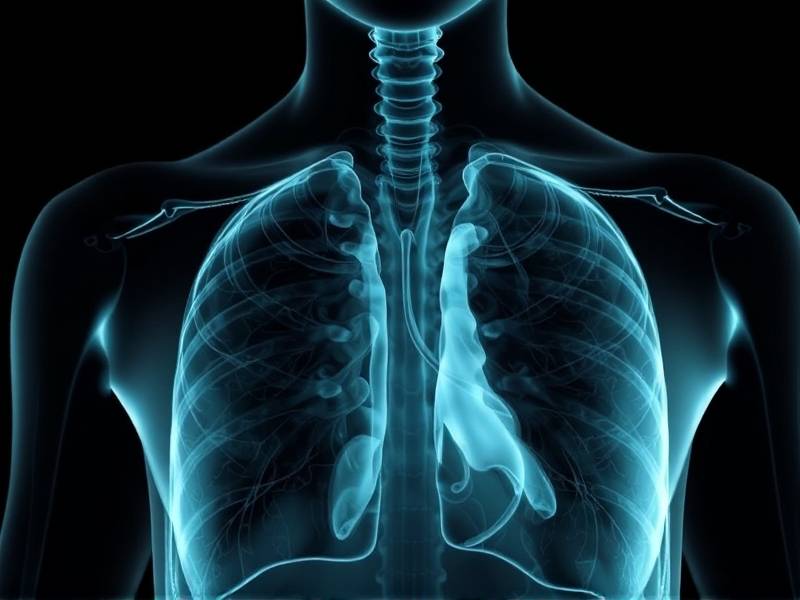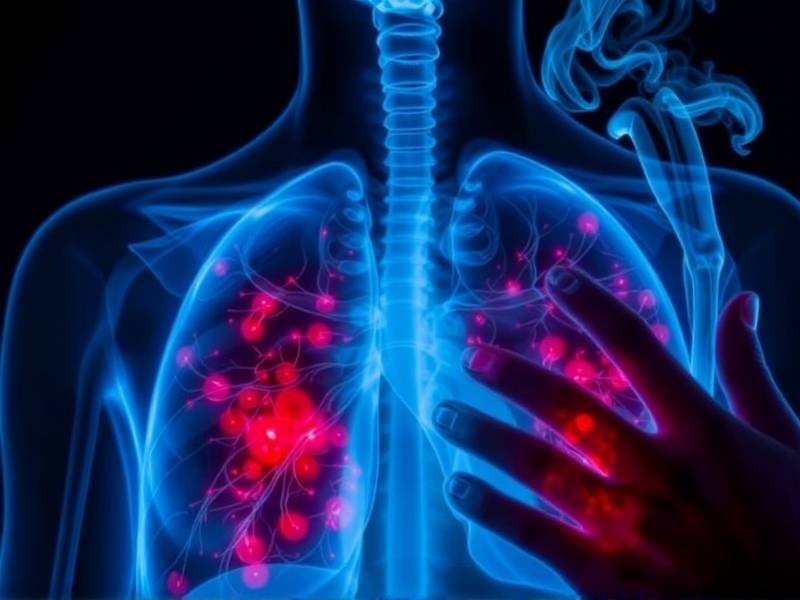Can Emphysema Be Stopped by Quitting Smoking?
Can Emphysema Be Stopped by Quitting Smoking? A Comprehensive Guide
Introduction: Emphysema, a chronic lung disease, is a significant concern for millions of smokers worldwide. It's characterized by the destruction of lung tissue, leading to breathing difficulties. The good news is that quitting smoking is one of the most effective ways to halt the progression of emphysema. In this article, we'll delve into how smoking contributes to emphysema and explore the potential benefits of quitting.

What is Emphysema?

Emphysema is a condition where the air sacs in the lungs become damaged and lose their elasticity. This damage leads to larger air spaces and less surface area for gas exchange, making it harder for individuals to breathe. The primary cause of emphysema is long-term exposure to irritants, with smoking being the most common.
How Does Smoking Contribute to Emphysema?
Smoking introduces harmful chemicals into the lungs that inflame and damage the alveoli (air sacs). Over time, this chronic inflammation leads to scarring and eventual collapse of these air sacs. The body's natural repair mechanisms struggle to keep up with the damage caused by smoking, exacerbating the condition.
The Power of Quitting Smoking
Quitting smoking can significantly slow down or even halt the progression of emphysema. Here's how:
-
Reduction in Inflammation: By ceasing smoking, you reduce the ongoing inflammation in your lungs, which can slow down the rate at which emphysema worsens.
-
Improved Lung Function: Over time, lung function may improve as your body begins to heal from years of smoke damage.
-
Decreased Risk of Further Damage: Quitting smoking means you're no longer exposing your lungs to harmful chemicals that can cause further damage.
-
Enhanced Quality of Life: Many former smokers report improved energy levels, better overall health, and an enhanced quality of life after quitting.
Steps to Quitting Smoking
Quitting smoking isn't easy, but it's worth it for your health. Here are some steps that can help:
- Set a Quit Date: Choose a date that feels manageable and start preparing.
- Identify Your Triggers: Recognize situations that make you want to smoke and plan how you'll cope with them.
- Seek Support: Talk to friends, family, or join support groups for motivation.
- Consider Medications: Nicotine replacement therapy or prescription medications can help reduce withdrawal symptoms.
- Stay Active: Regular exercise can help manage stress and improve lung function.
Conclusion: Emphysema is a serious condition that affects many smokers. However, quitting smoking offers a powerful way to stop its progression and improve your health outcomes. It's never too late to quit – every day without smoking brings you one step closer to healthier lungs and a better quality of life. Take control today!
